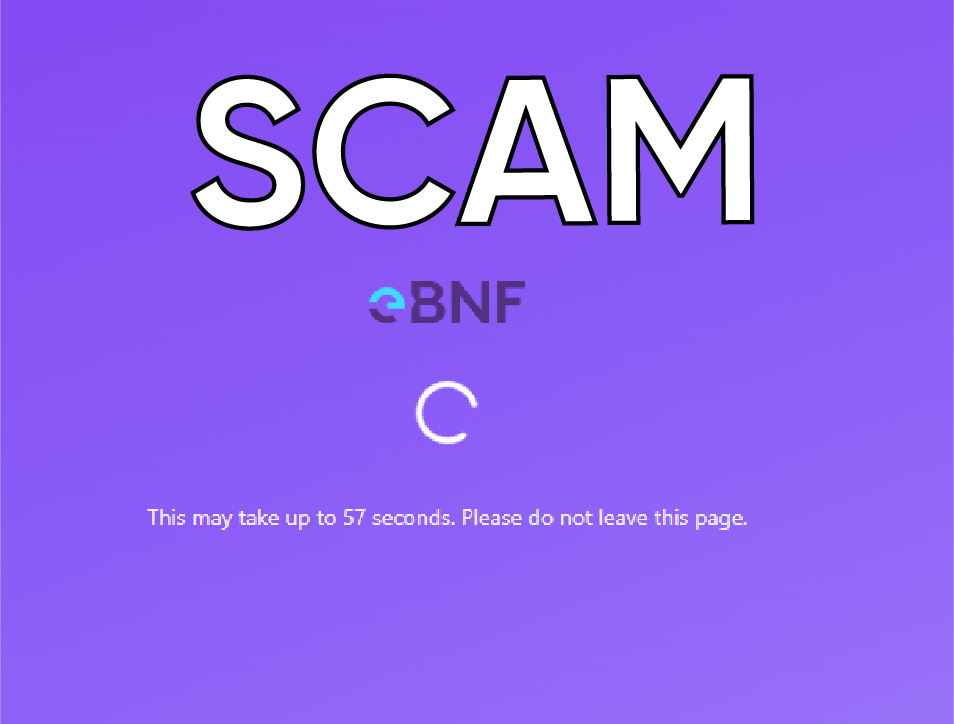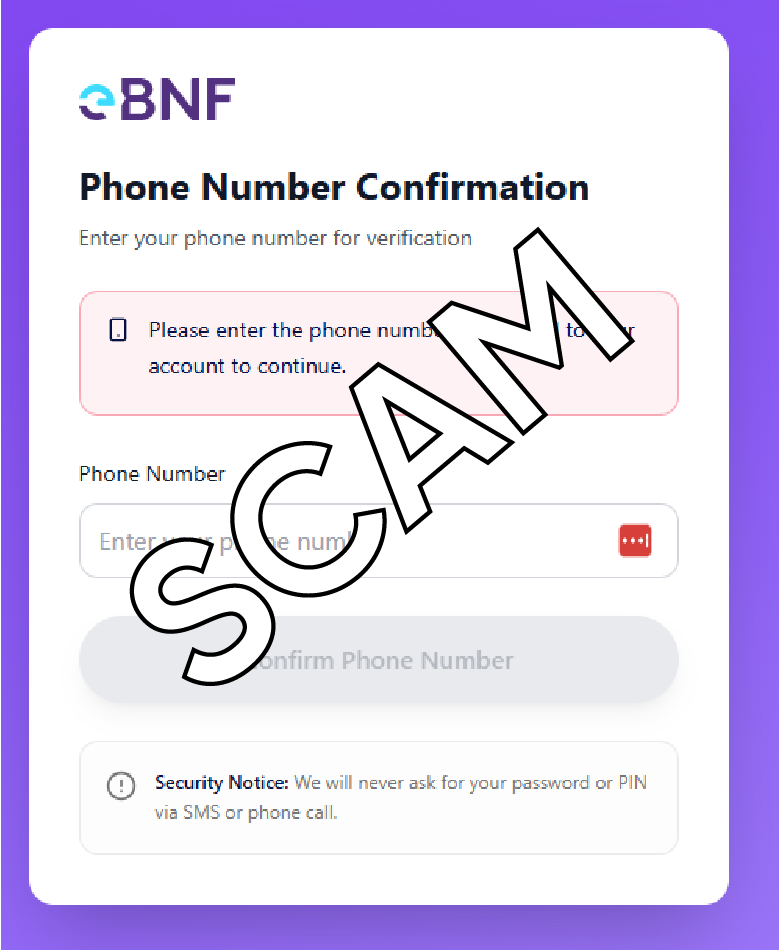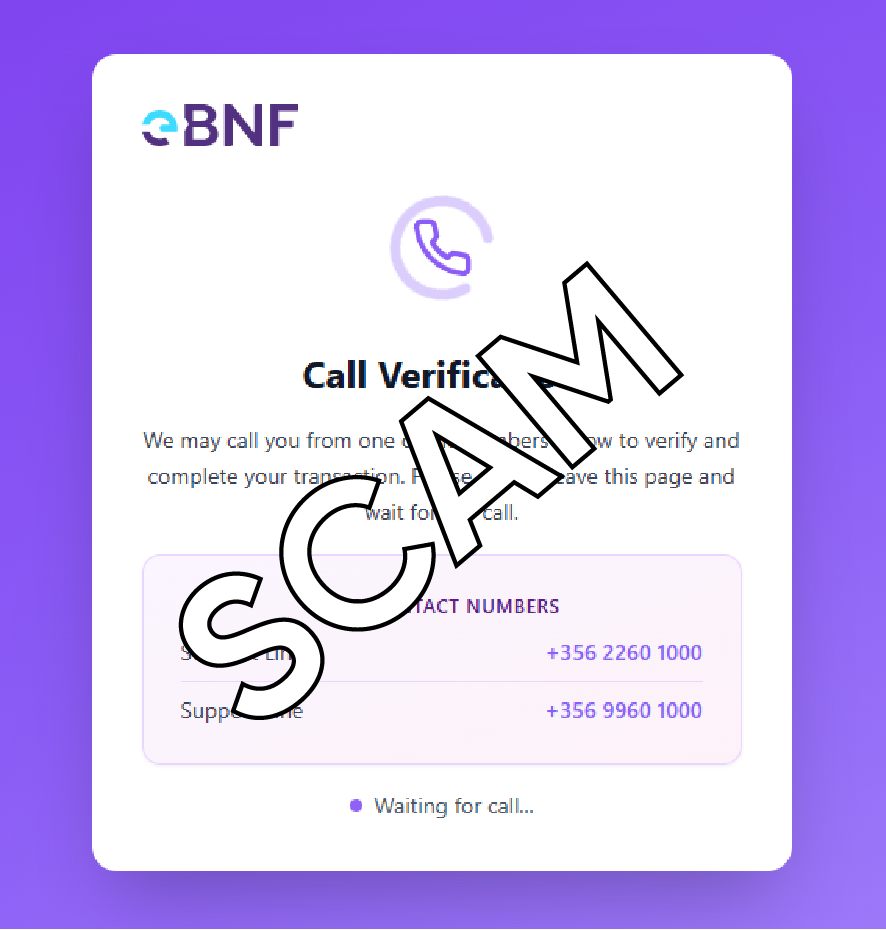Report a Scam
Protecting you from fraud and scams
A scam is a dishonest act meant to trick people into giving away money, personal data, or account access. Scammers often pretend to be trustworthy sources—like banks, delivery companies, or people you know—and use pressure or fear to push for quick decisions. Their main goal is to get victims to click suspicious links, make payments, or reveal sensitive information before figuring out what is happening.
These are the most common online scam techniques. Phishing uses fake emails that look real, aiming to steal credentials or prompt clicks on malicious links. Smishing works the same way with SMS texts, and Vishing involves phone calls where scammers pose as bank or government officials.
Never share verification codes or click on questionable links; real organisations will never ask for private details this way.
Scammers sometimes set up fake websites or ads that offer incredible discounts. Victims may pay but receive poor-quality items or nothing at all.
Be cautious—even if a website shows a padlock symbol, this alone does not guarantee it is legitimate. Stick to well-known retailers and be wary of deals that seem too good to be true.
Apps like WhatsApp and Facebook often host scams, including fake prize messages or urgent requests such as “You’ve won!” or “Click here to claim.” These typically lead to sites designed to steal your data or infect your device.
Ignore unsolicited messages and never share authentication codes, even if the sender looks familiar.
Scammers can impersonate company executives or suppliers by email, asking for fast payments or confidential info. These messages are crafted to look genuine, even using real signatures.
Validate any such requests through proper channels—not just through email alone.
These scams start with friendly chats—sometimes even romantic—and lead to fake investment platforms. Victims see small profits at first, then lose big when the scammer disappears.
Research any investment thoroughly and avoid offers that come unexpectedly.
These scams start with friendly chats—sometimes even romantic—and lead to fake investment platforms. Victims see small profits at first, then lose big when the scammer disappears.“You’ve won a prize!” sounds exciting, but if you are asked to pay fees or share personal details to claim it, it is a scam.
Legitimate lotteries never ask for upfront payments. If you did not enter a contest, you did not win.
The following are examples of recent smishing scams impersonating BNF Bank:
.png)
.png)
Unsuspecting victims who click the link are often redirected to a fake website intended to look like the Bank’s eBNF platform as shown below:






Yes – you may use the form below to submit details regarding scams involving impersonation of the Bank. The information provided will assist the Bank in implementing measures to notify customers and initiate appropriate actions to address and prevent such scams.
